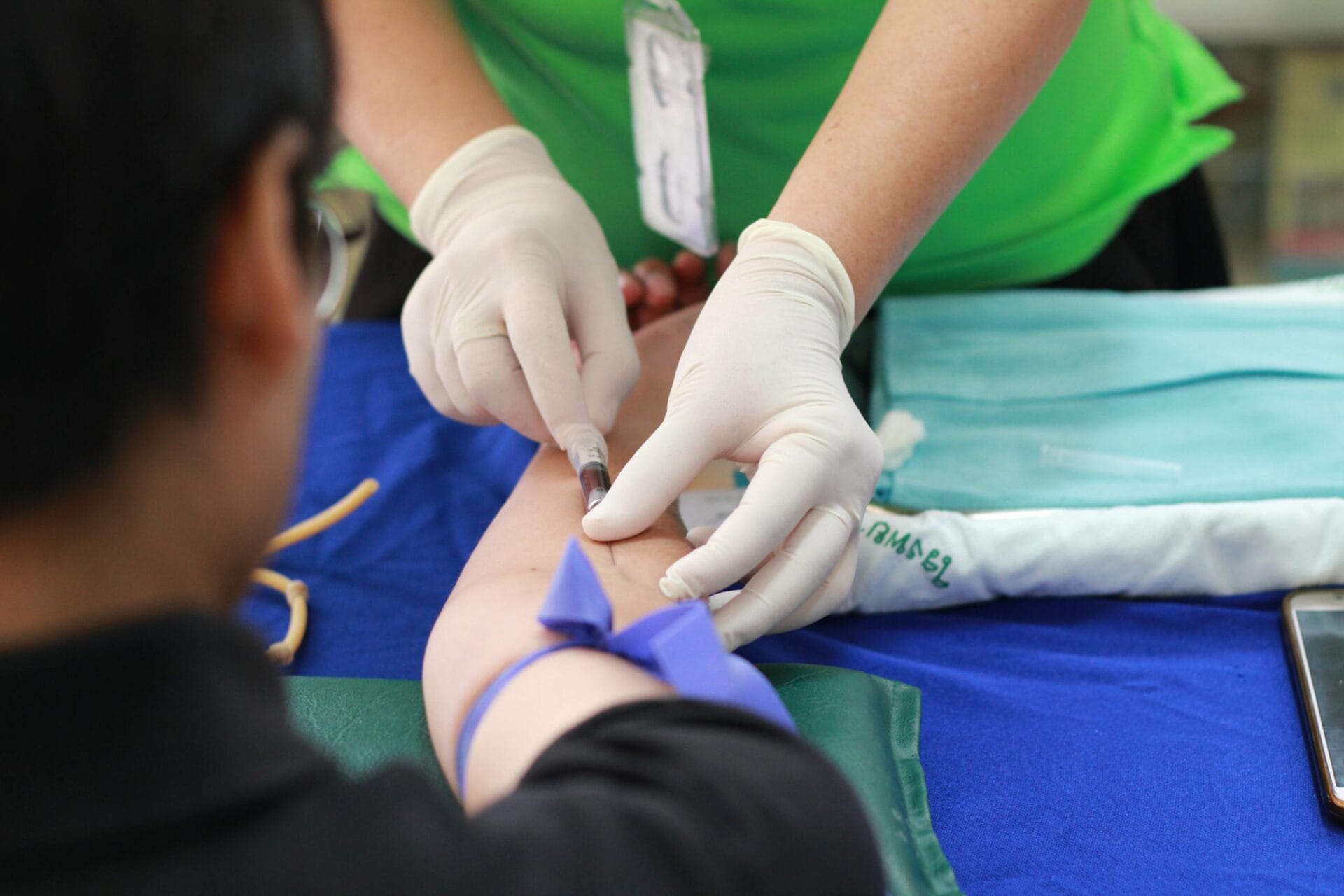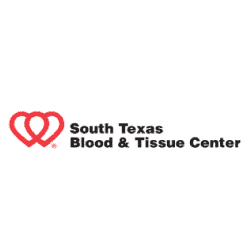Improving Patient and Staff Safety with Effective Medical Waste Management
In a surgical center, patient and staff safety is always the top priority. One often overlooked yet critical factor in ensuring a safe environment is effective medical waste management.
Proper handling and disposal of medical waste is not just about regulatory compliance, however. More importantly, it’s about minimizing risks and maintaining a clean, secure space for everyone.
Here’s a guide to the best practices for medical waste management that will help keep your facility safe and efficient.
Understand the Types of Medical Waste
The first step in effective healthcare waste disposal is understanding the types of waste generated in a surgical center. Proper disposal depends on identifying the materials you’re handling.
The key categories of healthcare waste include:
- Sharps waste: Items such as needles, syringes, scalpel blades, and other sharp objects. Improper disposal of sharps can lead to needle-stick injuries and potential infections.
- Biohazardous waste: Materials contaminated with bodily fluids, including used gloves, gauze, and surgical drapes. These materials can pose a significant infection risk if not handled and disposed of properly.
- Pharmaceutical waste: Unused medications, expired drugs, and other pharmaceutical products requiring special disposal methods.
- Pathological waste: Remains from surgeries, biopsies, or post-mortem care that must be disposed of with care.
- Chemical waste: Cleaning agents, disinfectants, and other chemicals that can be harmful if improperly discarded.
Once you know the types of waste you’re dealing with, you can adopt proper methods for handling and disposal to minimize risk and keep the environment safe.
Implement a Clear Waste Segregation System
Proper segregation of medical waste is one of the most important steps in medical waste management safety. The idea is to keep hazardous waste separate from general trash to prevent contamination and ensure each garbage type is treated appropriately.
Here’s how you can do it:
- Color-coded containers: Use specific color-coded containers for different types of waste. For example, employ red bins for sharps, yellow for biohazardous materials, and blue for non-hazardous items. This system makes it easier for staff to dispose of trash correctly and reduces the chance of errors.
- Sharps disposal: Sharps containers should be puncture-resistant and clearly marked. Place them in easily accessible locations throughout the surgical center to prevent accidental exposure.
- Recyclables: Ensure non-hazardous items, such as plastics, paper, and cardboard, are separated and placed in recycling bins. This reduces the volume of waste that needs to be disposed of and helps your facility stay eco-friendly.
Regular Training for Staff
Staff training is the foundation of medical waste management safety. Everyone in your surgical center, from nurses to administrative staff, should be trained in the proper handling, segregation, and disposal of medical waste.
Here are the key points to cover in your training:
- Handling sharps and biohazardous waste: Demonstrate the correct use of sharps containers and the importance of avoiding accidental exposure to biohazardous materials. Remind staff to always use gloves and the appropriate personal protective equipment (PPE) when handling contaminated materials.
- Proper disposal techniques: Educate staff on the correct methods for disposing of medications, chemicals, and pharmaceutical waste. Using the proper disposal methods ensures waste is handled according to local regulations and minimizes environmental impact.
- Emergency procedures: Ensure all staff are trained on what to do in case of a waste spill, a needle-stick injury, or any exposure to biohazardous materials. Knowing how to respond to emergencies can reduce the risks associated with medical waste.
Partner with a Reliable Medical Waste Disposal Company
Working with a trusted medical waste disposal company ensures that trash is properly handled and disposed of in line with regulatory standards. When choosing a waste disposal partner, consider:
- Licenses and compliance: Ensure the company is licensed to handle medical waste and follows all relevant safety and environmental regulations.
- Timely waste pickup: Your partner should offer regular, reliable pickups to prevent waste from accumulating. Timely collection helps reduce the risk of contamination and keeps the facility clean.
- Safety protocols: The company should have strict safety protocols to handle hazardous waste. Look for a partner who is experienced in dealing with surgical center waste and has a proven track record of compliance and safety.
Monitor and Audit Your Waste Management System
Even with the best practices in place, it’s essential to regularly review and audit your waste management system. A solid monitoring system helps guarantee ongoing safety and compliance in your facility. Tracking your waste also aids in identifying areas where improvements can be made, both in terms of safety and cost-efficiency.
Here’s what you can do:
- Regular audits: Periodically assess your waste management practices to ensure they align with regulatory requirements and are effective in minimizing risks.
- Track waste data: Keep detailed records of the types and amounts of waste your facility generates. This information can be used to adjust your waste management strategies to ensure better efficiency and safety.
- Update practices as needed: Based on your audits and tracking, make any necessary adjustments to your waste management processes. Staying proactive helps maintain a safe and efficient environment.
Managing medical waste safely is crucial to maintaining a safe and efficient surgical center. By understanding the types of waste, implementing proper segregation, training your staff, partnering with the right disposal company, and regularly auditing your practices, you can minimize risks and keep your facility in compliance.
By focusing on medical waste management safety, your center can protect patients, staff, and the environment. It also ensures you’re delivering the highest level of care and compliance. For more information on safe and effective medical waste management, visit Medsharps.











